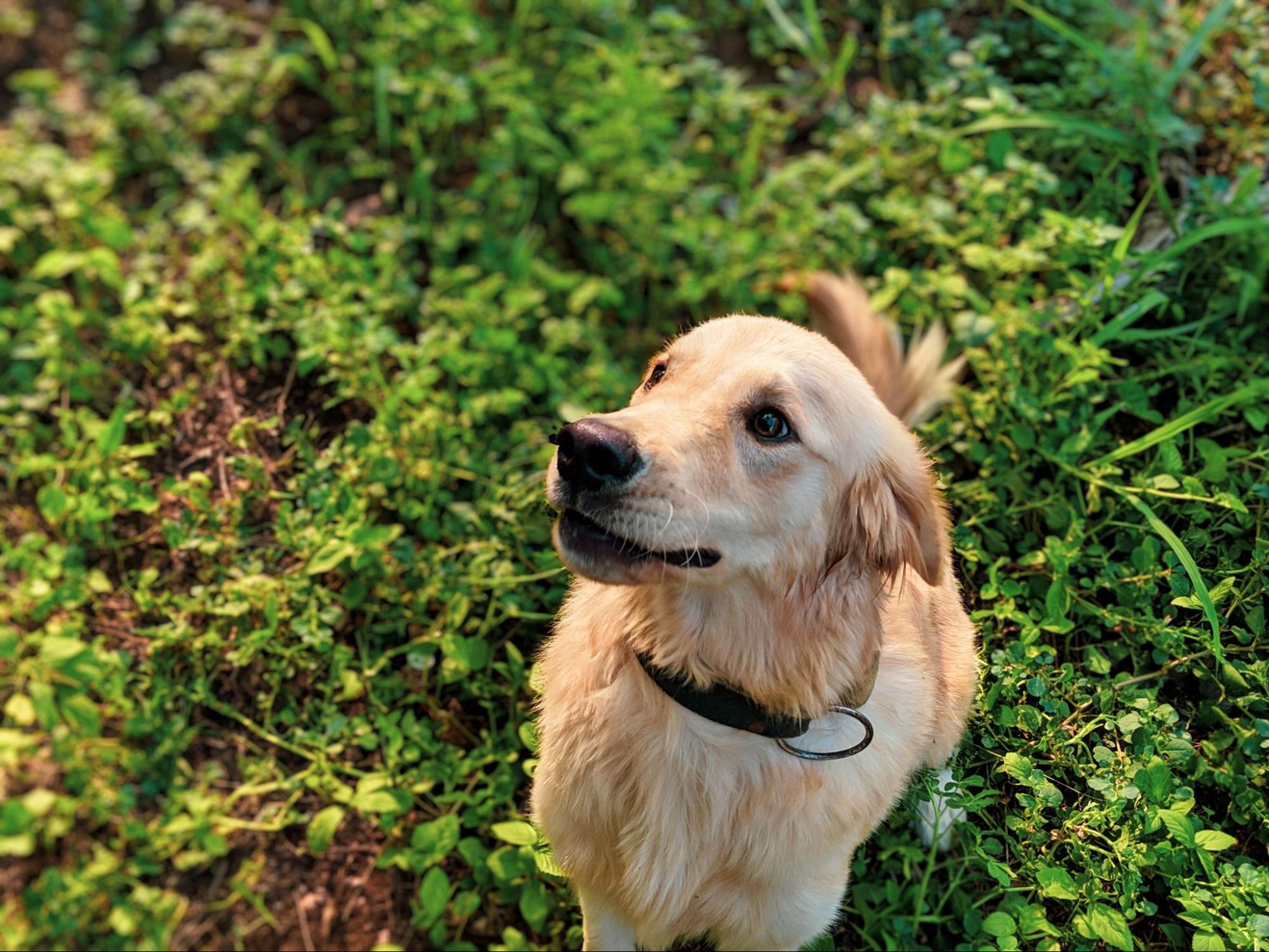How to Stop Dog Barking When I Come Home
Are you tired of your Labrador barking incessantly every time you come home? It can be frustrating and disruptive, both for you and your neighbors. But fear not, because I’ve got some possible solutions to help you tackle this issue head-on and bring some peace and quiet back into your life.
Understanding the Causes of Excessive Barking
When it comes to our beloved Labradors, barking can sometimes become a bit too much to handle. As responsible pet owners, it’s important for us to understand the underlying causes of excessive barking in order to find effective solutions. So, let’s dive into why our furry friends bark so much.
- Communication and Alertness: Dogs communicate through barking, and it’s their way of alerting us or other animals about something happening in their environment. Whether it’s a stranger approaching the house or a squirrel running across the yard, your Labrador may bark to grab your attention and let you know what’s going on.
- Separation Anxiety: Labrador Retrievers are known for their loyal nature and strong attachment to their humans. When we leave them alone at home, they may experience separation anxiety, leading to excessive barking as a form of expressing their distress and longing for our presence.
- Boredom and Lack of Stimulation: Labradors are energetic dogs that require mental and physical stimulation on a daily basis. If they don’t get enough exercise or mental engagement, they may resort to barking out of boredom or frustration.
- Territorial Behavior: Labs have a natural instinct to protect their territory, which includes your home and yard. They may bark at anyone or anything that they perceive as a threat encroaching on their space.
- Fear or Startle Response: Certain situations or stimuli can trigger fear in our Labs, causing them to bark excessively as a defensive response. This could include thunderstorms, fireworks, loud noises, unfamiliar people or animals, etc.
Creating a calm and secure environment for your Labrador is crucial in addressing the issue of excessive barking when you come home. By implementing a few key strategies, you can help alleviate your dog’s anxiety and create a peaceful atmosphere that encourages them to remain quiet upon your arrival. Here are some possible solutions to consider:
- Establish a consistent routine: Dogs thrive on predictability and structure. Set specific times for feeding, exercise, playtime, and rest. By following a consistent routine, your Labrador will feel more secure and less likely to become anxious or overly excited when you come home.
- Provide mental stimulation: Boredom can contribute to excessive barking. Ensure that your Labrador has plenty of mental stimulation throughout the day by offering interactive toys, puzzle feeders, or engaging in training sessions that challenge their mind.
- Create a designated safe space: Dogs often seek out cozy spots where they feel secure. Set up a comfortable area with bedding or blankets in a quiet corner of your home specifically for your Labrador. This spot can serve as their safe haven where they can retreat when feeling overwhelmed or anxious.
- Gradually desensitize them to triggers: If your dog tends to bark at certain sounds or sights associated with your return home (e.g., keys jingling), work on gradually desensitizing them to these triggers using positive reinforcement techniques like counterconditioning or clicker training.
- Use calming aids if necessary: In some cases, providing additional support through calming aids such as pheromone diffusers or anxiety wraps may help reduce stress levels in your Labrador and minimize their tendency to bark excessively.

Effective Training Techniques for Bark Control
When it comes to addressing excessive barking in your Labrador, employing effective training techniques can make a significant difference. Here are some tried and tested methods that can help you stop your dog from barking when you come home:
- Positive Reinforcement: One of the most successful training techniques is positive reinforcement. This involves rewarding your Labrador with treats, praise, or playtime when they exhibit calm behavior upon your arrival. By associating silence with rewards, your dog will learn that staying quiet earns them positive attention.
- Desensitization Exercises: Gradually exposing your Labrador to the triggers that cause them to bark excessively can help desensitize them over time. For example, if your dog barks at the sound of keys jingling or the doorbell ringing, practice these actions repeatedly at a low volume while gradually increasing the intensity. Pairing these sounds with rewards when your dog remains calm will help them overcome their initial excitement.
- Distraction Techniques: Providing alternative activities for your Labrador can redirect their attention away from barking. Offer puzzle toys filled with treats or engage in interactive play sessions before you leave and when you return home. These distractions can keep their minds occupied and reduce their inclination to bark out of boredom or anxiety.
- Counterconditioning: If your Labrador barking stems from separation anxiety or fear, counterconditioning may be beneficial. This technique involves creating positive associations with being alone by pairing it with something enjoyable such as special toys or tasty treats. Slowly increase the duration of separation while ensuring that each experience is pleasant for your furry friend.